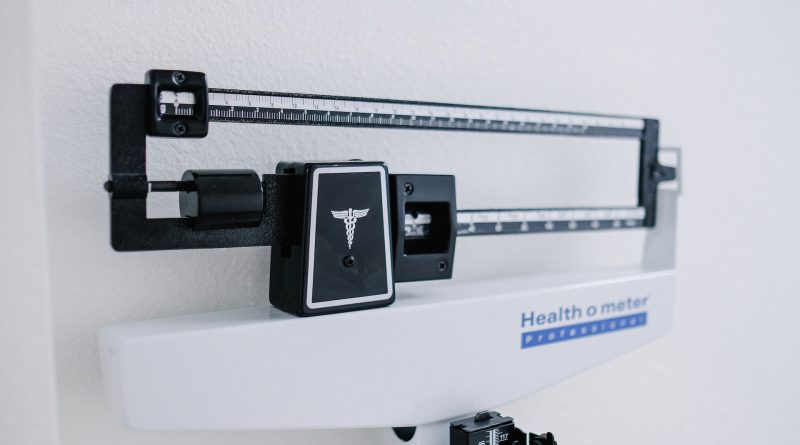Is It Important To Meet The Recommended Dietary Allowance (RDA) Of Nutrients 7 Days A Week?
The Recommended Dietary Allowance (RDA) is the number of recommended nutrients that is found on most nutritional labels. These numbers recommend people to eat a certain amount of nutrients each day. So, how accurate is it?
Table of Contents
One Size Does Not Fit All, Or One RDA Does Not Fit All
Well, everyone is different. People have different needs. An office worker who leads a very sedentary lifestyle is going to have a very different life from an Olympic athlete. These two people will have very different dietary requirements. Generally people who are more active physically and do more exercise need to eat more and consume more calories. You can use the recommended dietary allowance as a guideline, but your numbers do not need to match it exactly.
Micronutrients and macronutrients are very complex. Simply looking at macro nutrients as carbohydrates, proteins or fats is a gross oversimplification. For example, proteins are made up of amino acids, and not all proteins are the same. Protein from meat may have certain amino acids that cannot be found in proteins from most plants. There are different types of fat such as saturated fat, unsaturated fat, and trans fat. While this may seem a little complicated, there are a few things to keep in mind. Your height and weight may be another factor involved in determining how much you need to consume every day. People at different ages also have different needs.
The Obesity Epidemic
One of the main problems facing American society today is obesity. While it is good that people today are not starving and struggling to find food like people were in the past before the invention of large scale agricultural industry, the pendulum has shifted in the opposite direction and now today some people are consuming too much food and becoming obese which can lead to many health problems, including potentially being more at risk to dying from the coronavirus. Big people can be beautiful, and it’s important not to body shame people. Bodies of all types are beautiful. However, it is also true that being severely overweight or obese can lead to health problems, just as though being too skinny and underweight can also lead to health problems. One thing that people who are overweight tend to have in common is that they generally eat less fruits and vegetables than they should, and they exercise less than they should. This does not mean that if you eat fruits and vegetables and exercise you will not be overweight. Correlation is not causation. However, exercising is generally a good idea for people who want to maintain a healthy weight.
Body Mass Index
How do you know if you are obese or not? What if you are too skinny? How do you know if you’re underweight? Who says what is a healthy weight or not?
One way of determining the weight that a person should be is the BMI or body mass index. The body mass index is a general guideline of the height and weight that is healthy, on their way, overweight, or obese. The BMI does not take into account the percent of body fat a person has. This means it is not 100% accurate in determining if someone is actually obese or not. By some standards, a bodybuilder with lots of muscle may appear overweight due to the extra weight from all of the muscle. However, the bodybuilder might have a low body fat percentage. In contrast, someone who is not a bodybuilder and just has extra fat might be the same weight and height. The body mass index or BMI does not distinguish between these two. However most people are not extreme athletes, so they can use the BMI as a general guideline.
There are other reasons why someone may not be able to use the BMI for an accurate assessment. For example, women who are pregnant may have extra weight if they are carrying a baby. For them, the BMI would not be an accurate assessment. Aside from the BMI, people may also want to measure their blood pressure and cholesterol.
Do not be distraught if you fall into a category which is not normal. Everyone is unique and simply because the large scale standard does not meet your specific situation, that does not mean there is something wrong with you.
